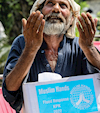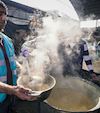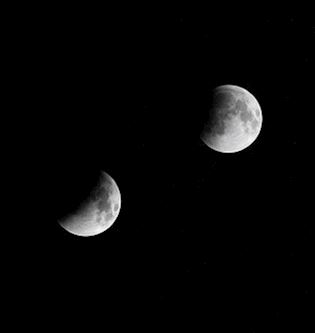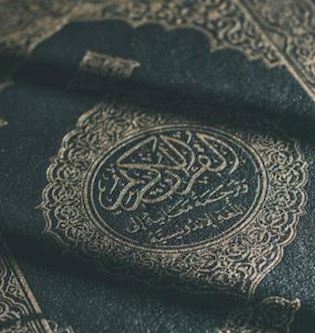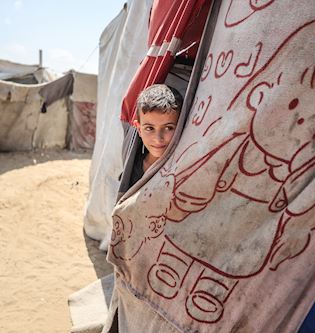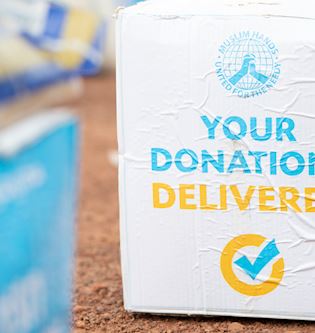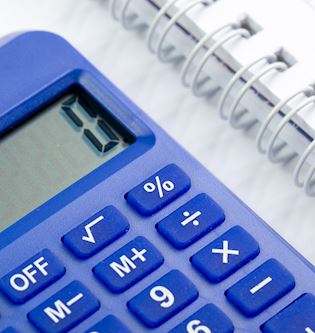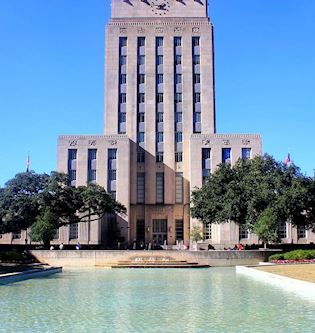Your Five-Step Zakat Guide: Maximize Your Charity and Blessings
Zakat is one of the Five Pillars of Islam, a powerful way to purify wealth and help those in need. Every year, millions of Muslims give Zakat as an act of faith, fulfilling their religious obligation to share their blessings with others. But how exactly does Zakat work, and how can you ensure you are doing it correctly?
Zakat is a mandatory charity that every eligible Muslim must give annually. The goal or intent of Zakat is to support the poor and less fortunate, ensuring wealth is distributed fairly across society. The term "Zakat" means "to purify" or "to cleanse," emphasizing that giving Zakat helps purify one's wealth and soul.
Step 1: Determine if You Are Eligible to Give Zakat
The first step in giving Zakat is determining whether you are required to pay it. Zakat is obligatory for Muslims who meet the Nisab threshold — the minimum amount of wealth you must have before you are obligated to give Zakat. This amount is based on the value of either gold or silver.
To calculate whether you meet the Nisab, add up all your savings, gold, silver, and other assets, then subtract any debts. If your wealth exceeds the Nisab, you are eligible to give Zakat.
Step 2: Calculate the Amount of Zakat You Owe
Once you determine eligibility, the next step is calculating how much Zakat you owe. The standard rate for Zakat is 2.5% of your total qualifying wealth. Qualifying wealth includes:
- Cash savings
- Gold and silver
- Investment Properties
- Business inventory
Example: If your total wealth amounts to $10,000, and your debts are $2,000, your Zakat calculation would be based on $8,000. Your Zakat due would be 2.5% of $8,000, which equals $200.
To make this process easier, you can use our free online Zakat calculator, which helps you accurately assess your Zakat obligations based on your financial situation, ensuring that you fulfill this important pillar of Islam correctly and effortlessly.
Step 3: Know Who Is Eligible to Receive Zakat
Islam clearly defines the categories of people who are eligible to receive Zakat. The Quran identifies eight categories of recipients (Surah At-Tawbah, 9:60)
"Alms-tax is only for the poor and the needy, for those employed to administer it, for those whose hearts are attracted ˹to the faith˺, for ˹freeing˺ slaves, for those in debt, for Allah's cause, and for ˹needy˺ travelers. ˹This is˺ an obligation from Allah. And Allah is All-Knowing, All-Wise."
- The poor (al-fuqara)
- The needy (al-masakin)
- Zakat administrators
- Those whose hearts are to be reconciled
- Those in slavery or captivity
- Those in debt
- In the cause of Allah (fi sabilillah)
- Travelers in need
When distributing Zakat, ensuring your funds reach the right recipients is important. Muslim Hands, have programs in place to distribute Zakat effectively to those in need.
Read our Muslim Hands USA Zakat Policy
Step 4: Distribute Your Zakat Correctly
Now that you have calculated your Zakat and know who is eligible to receive it, it is time to distribute it. You can give Zakat directly to individuals in need or through trusted charities that meet the requirements for distributing Zakat.
Muslim Hands USA ensures your Zakat reaches those most in need, including communities struggling with poverty, hunger, and lack of basic resources.
Step 5: Keep Track of Your Zakat Contributions
Documenting your Zakat contributions each year for your own records and peace of mind is important. Many people keep a record of how much Zakat they give and where they distribute it. This is also useful for tax purposes in countries where charitable donations can be deducted.
Consider setting reminders or creating a Zakat plan so you do not avoid your annual obligation. Some people prefer to give their Zakat during Ramadan for the extra spiritual rewards, but Zakat can be given any time of the year.
Common Mistakes in Giving Zakat
It is easy to make errors when calculating or distributing Zakat. Here are some common mistakes to avoid:
- Forgetting to include all assets: Include all forms of wealth, such as savings, investments, and business inventory.
- Neglecting debts: Remember to subtract debts from your total wealth before calculating Zakat.
Why Is Zakat So Important?
Zakat plays a critical role in the Islamic financial system. It redistributes wealth to the poor, helps reduce inequality, and purifies the wealth of those who give it. By giving Zakat, you fulfill your religious duty and help create a more just and compassionate society.
Impact of Zakat:
Zakat-funded projects often provide essential resources like food, clean water, and healthcare to impoverished communities. For instance, Muslim Hands has helped thousands through Zakat-funded programs, ensuring the most vulnerable receive the help they desperately need.
Most of the work we do at Muslim Hands USA is Zakat-eligible, helping you fulfill your Zakat obligation. Alongside distributing essential food and water to those desperately in need of aid, we have implemented long-term projects across the countries where we operate. These include the provision of healthcare, access to education, and livelihood support for the most deprived communities in the world. Ensuring your Zakat donation makes a lasting impact globally.
Zakat Eligible Water Projects:
Water is one of the most vital resources for life, yet millions of people around the world still struggle with access to clean and safe water. Providing water is considered one of the most rewarding forms of charity in Islam, as it offers ongoing benefits to those in need. Zakat can be used to fund sustainable water projects in impoverished communities. You can use your Zakat to donate a Tube Well, Dig-A-Well or a Community Well and not only fulfill your religious obligation but also make a profound, life-changing impact on those without access to this essential resource.
Caring for orphans holds a special place in Islam, and supporting them is one of the most compassionate ways to give Zakat. Orphans, often without the financial or emotional support of parents, are among the most vulnerable members of society. Zakat can be used to provide them with essentials like food, education, healthcare, and safe shelter, ensuring they grow up in a nurturing environment. By using your Zakat to sponsor and orphan, you not only fulfill your religious duty but also gain immense spiritual reward, while transforming the lives of children in need.
Zakat plays a crucial role in supporting livelihoods and fostering economic stability within communities. By donating your Zakat to a livelihoods project you can empower individuals to improve the financial situations and help build sustainable livelihoods to those in need. This form of charity helps those who are struggling to access basic necessities, such as food, clothing, and shelter, enabling them to regain their footing.
Furthermore, Zakat can be directed towards initiatives that promote skills development, vocational training, and small business funding, allowing recipients to become self-sufficient. Through Muslim Hands USA you can donate your Zakat to a Hope Shop, Sewing Machine, a Rickshaw or a Honey Production Kit. By investing in livelihoods through Zakat, we contribute to a more equitable world where everyone has the opportunity to thrive.
The Prophet Muhammad (PBUH) said: “The believer’s shade on the Day of Resurrection will be his charity.” (Al-Tirmidhi)
Make a Difference with Your Zakat Today
This guide has outlined the five essential steps to calculating and distributing Zakat. If you are ready to fulfill your obligation, you can donate your Zakat to Muslim Hands and impact the lives of those in need. Together, we can ensure that everyone receives the support they deserve.





